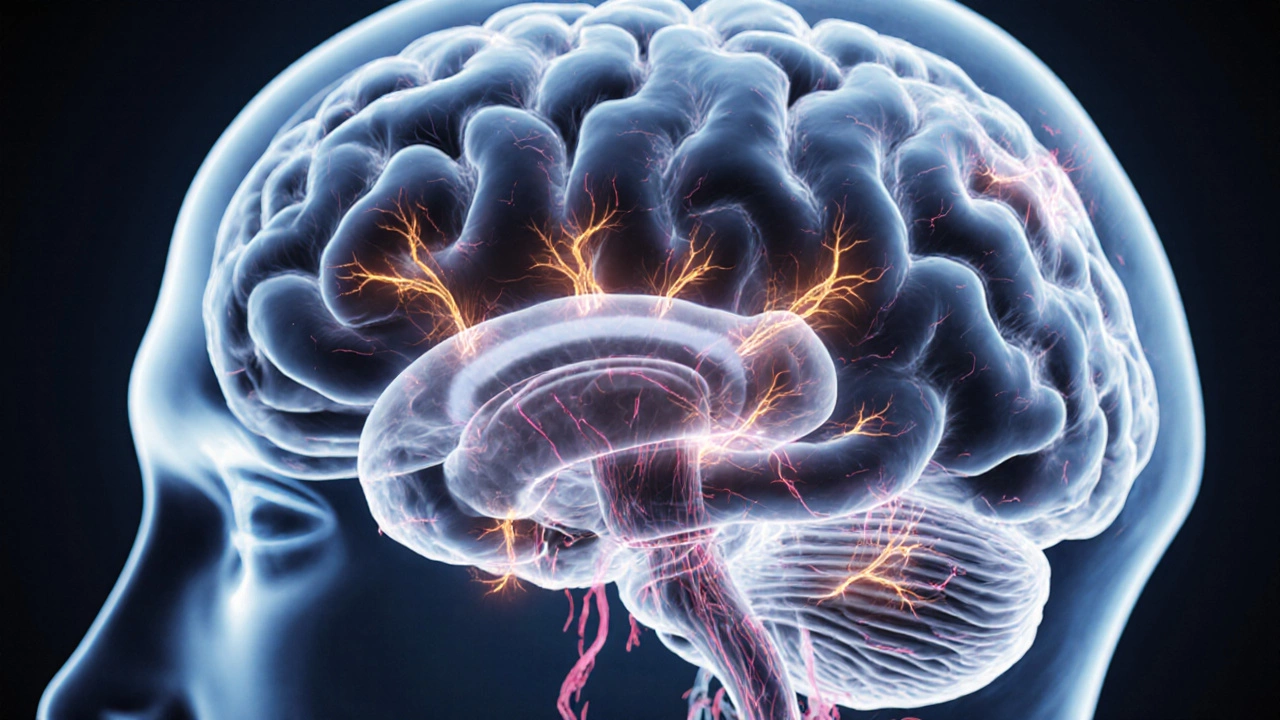Organ Metabolism: How Your Body Turns Food Into Energy
When you eat, your body doesn’t just store food—it organ metabolism, the collective chemical processes in your liver, kidneys, muscles, and other organs that convert nutrients into usable energy and waste. Also known as tissue metabolism, it’s the silent engine behind every heartbeat, thought, and step you take. This isn’t just about digestion. It’s about how your liver, the body’s main metabolic hub that processes sugars, fats, and toxins turns glucose into fuel, how your muscles, major consumers of energy that burn glucose and fat during activity use ATP to move, and how your kidneys, organs that regulate acid-base balance and filter metabolic waste clean up the leftovers. These organs don’t work alone—they talk to each other through hormones, signals, and blood flow.
Organ metabolism isn’t just about energy. It’s also about balance. Too much sugar? Your liver stores it as fat. Too little? It breaks down muscle for fuel. Chronic stress, poor sleep, or diabetes can throw this system off—and that’s when diseases like fatty liver, insulin resistance, or metabolic syndrome show up. The good news? You can influence it. Eating protein after a workout tells your muscles to rebuild. Fasting briefly tells your liver to burn fat. Even walking after meals helps your organs process glucose faster. This isn’t magic—it’s biology you can work with.
What you’ll find below isn’t a textbook. It’s real stories from Indian researchers and innovators who are studying how organ metabolism affects health, disease, and even public policy. You’ll see how scientists are mapping metabolic pathways in Indian populations, how biotech startups are designing drugs to target liver enzymes, and how public health programs are using metabolic insights to fight diabetes in rural communities. These aren’t abstract ideas—they’re solutions being built right here, right now. If you’ve ever wondered how your body really works, or how science is turning that knowledge into action, you’re in the right place.





